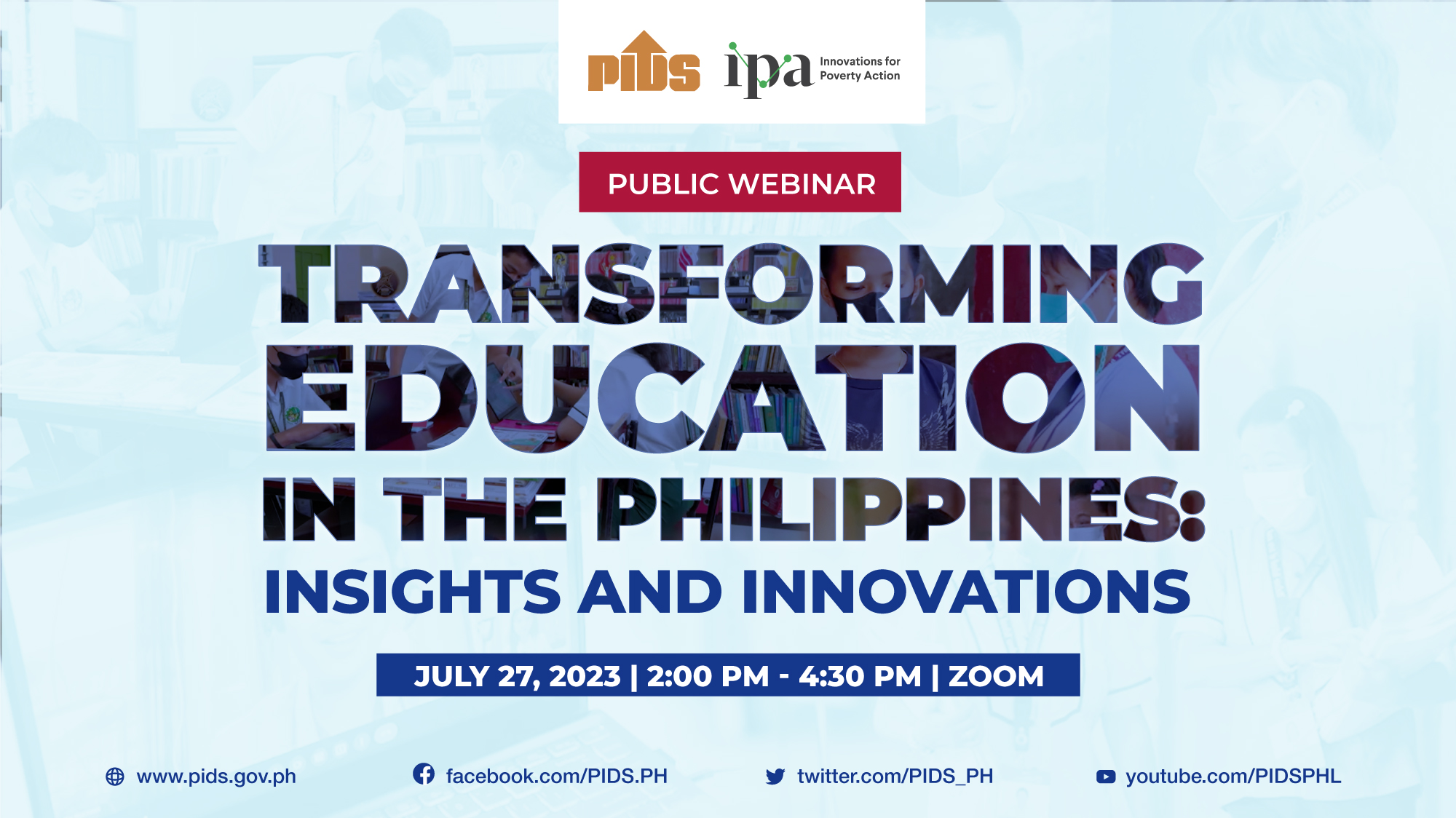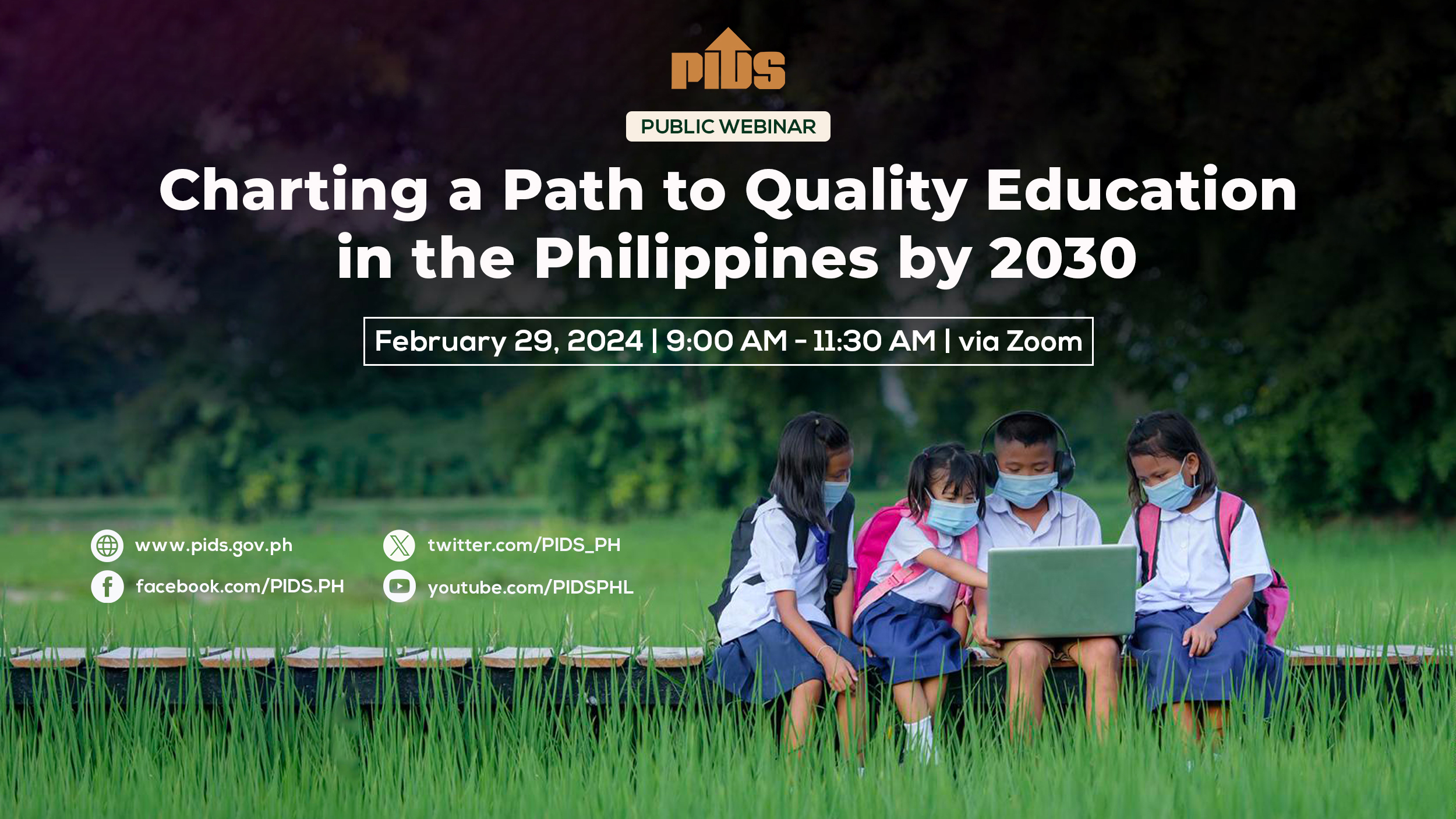Last week, Mr. Andrew J. Masigan in his column, “Plummeting education standards: A national emergency,” wrote about our poor results in the 2018 cycle of the Programme for International Student Assessment, or PISA. PISA looks into the learners’ ability to apply in various settings the knowledge they have gained in formal education, covering three foundational domains: Reading Literacy, Mathematical Literacy, and Scientific Literacy.
As a Department led by an academic in Secretary Leonor Magtolis Briones, we foster a culture of critical thinking, and so we welcome the skepticism and criticism required by this culture. Mr. Masigan reiterates what DepEd had emphasized in its report: our PISA results reflect the urgency to decisively address the challenge of quality in basic education. However, in his analysis of the causes and response to this issue, we find that he made arguments that are misinformed and misleading.
The thesis of Mr. Masigan’s column is that education standards are “plummeting.” To plummet is to fall straight down at a high speed, or to drop sharply and abruptly. By juxtaposing our PISA performance with the word “plummeting,” he creates an impression that education standards have taken a precipitous fall under the present administration, without establishing a reference origin.
The Philippines participated in PISA for the first time in 2018 since it was first administered in 2000. It was not imposed on us, but was the deliberate decision of Secretary Briones to signal DepEd’s determination to confront the challenge of quality, to benchmark against global standards, and to take advantage of an independent assessment designed by education experts. The results are available not only to DepEd, but also to other organizations like the Philippine Institute for Development Studies and the World Bank, as well to academics, for study and recommendation.
The 2018 PISA results confirmed what we already knew and were prepared to address about the quality of basic education, and jolted everyone to the urgency of addressing education quality. Ironically, it is now being used by Mr. Masigan to support his claim that education standards are plummeting due to “the government’s lack of urgency and lackadaisical attitude towards uplifting our education standards.” He adds that education “was never high on the Duterte’s government’s list of priorities.”
From a budget standpoint, DepEd got P568.4 billion in 2017, a 31.1% increase from 2016, higher than at any other year from the previous administration. The budget dipped in 2019 to P531.6 billion to contribute to free tertiary education. While DepEd contributed P8.2 billion to Bayanihan 1, it was a net recipient of P4.3 billion in Bayanihan 2. Mr. Masigan in fact contradicts himself in the same column when he noted that “the DepEd, under the leadership of Secretary Leonor Briones, has secured the lion’s share of the national budget amounting to more than P600 billion per year.”
From a focus standpoint, Secretary Briones flagged quality as a key challenge for the education sector from the beginning of her term, based on the historically poor results in the National Achievement Test. The first section of her vision and agenda document, “Quality, Accessible, Relevant, and Liberating Basic Education for All” talked about “Our foremost task: Raise the quality of education.” She acknowledged that “the K to 12 basic education program rolled out by the preceding term led by Br. Armin Luistro should be seen in the light of the challenge of raising the quality of education,” and gave her commitment to its full implementation.
Mr. Masigan makes a sweeping dismissal of the DepEd’s thrusts as “a basket of motherhood statements.” The thrusts he refers to are the four components of DepEd’s program Sulong EduKalidad, namely, the review and updating of the K to 12 curriculum, the continuous improvement of the learning environment, the upskilling of teachers and school leaders through a transformed professional development program, and the engagement of stakeholders for support and collaboration.
Without looking into the work that has gone into them, it may be easy to dismiss these as vague platitudes, but had Mr. Masigan taken time to check, he would have learned about the progress of DepEd’s various programs under Sulong EduKalidad. For example: the recently completed K to 12 review report through a technical assistance from the Assessment Curriculum and Technology Research Center; investments like the 213,736 new teaching items created (and 93% filled), more than 125,000 new classrooms, and over 62,000 ICT packages delivered, among others; the National Educators’ Academy of the Philippines transformation program, with 73 new plantilla items secured, guidelines for the recognition of professional development programs finalized, and a customized graduate program developed by the Philippine Normal University; initiatives in pre-service education of teachers through the legislative route led by Senator Sherwin Gatchalian and Representative Roman Romulo; and, the convening of the Educ Forum as a platform for consultation, collaboration and high level advice.
I agree with Mr. Masigan that education should be approached holistically. COVID-19 compels us to broaden our perspective on education, learning space and learning processes. The disruption of in-school learning delivery has necessitated that we reach out to households and communities as active partners in the learning process. We need to acknowledge that aside from teachers, our neighbors, the media, scientists, and our leaders all have an effect on learning.
There are no quick fixes to quality. Meeting the challenge will take time. It will require that we work together in a manner that is informed, deliberative, and responsible.
The challenge of education quality is being addressed












